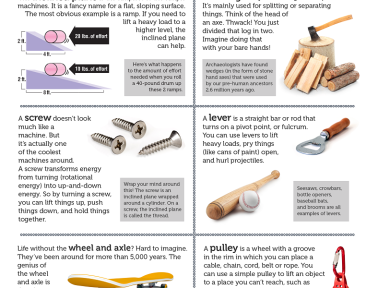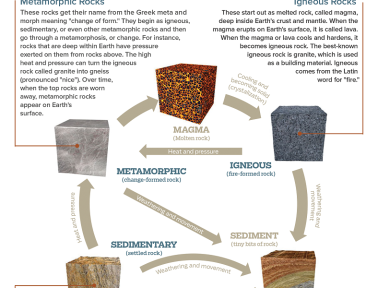As much as we don’t really like to think about it, death is something that touches each of us at some point in our lives. And often it touches not only our own lives, but the lives of the little ones we love and teach.
I received an email over the weekend from a supervisor at a children’s center that broke my heart. Two little children at her center, twin girls, had recently lost their father. Obviously, these girls and their family were grieving, but the tragedy also touched the larger community and left many of the parents and teachers wondering how to explain such an emotional and somewhat abstract concept to young children. I replied to the email right away, and soon after realized that what I had written would not only benefit the children and families of that center, but might also be useful to others who may be struggling with the same dilemma.
Talking about death isn’t always sparked by a traumatic experience. Some children may simply ask about it after hearing a story, or seeing an animal on the side of the road. Children in a situation like the one I mentioned above, who are aware of the tragedy, but perhaps not really directly impacted by it are still going to try to make sense of it all. Whatever the event, children will likely have some natural curiosities (What does it mean to die? Can people come back to life? What makes a person die?), some emotional insecurities (Will my dad die too? Will I die? Did I do something to make these grown-ups sad?), and a need for expression.
Questions
Children need their questions to be answered directly and honestly. Avoid abstract or symbolic terms. Using terms like “went to sleep” or “went away on a trip” can cause children to be afraid of these things. Likewise, if we oversimplify how the person died, they may be afraid that they may cause someone’s death or die themselves from simple things like being mean, getting sick, or having a hurt. Sometimes the most direct explanation is that the person’s body stopped working and that it was something doctors couldn’t fix. Talking in families is particularly important because it allows for personal and religious beliefs to be included in these discussions.
When my husband’s sister died of cancer and our boys were very small, I explained to my oldest son (who was about three) that her body wouldn’t work anymore and that her spirit, the part that made her eyes look happy, and her face smile, and the part that loved him and that he loved was with God, but that her body that he could see was in a special kind of box called a casket that was put in the ground at the cemetery because her spirit didn’t need it. That’s an explanation that’s in keeping with my family’s own beliefs. (It’s important not to compare the casket to a bed because that again can cause fears of sleeping or beds. If children show concern, it may also be important to clarify that the body in the ground can’t feel or hurt or get hungry or cold.)
Security
Beyond the general curiosity, children want to be reassured that their loved ones or they themselves won’t die too. This isn’t really possible to do, but when they ask, I explain to my boys that we do a lot of things to help make sure we can live as long as we can. I know I can’t promise that death won’t happen, but they find security when I point out what we do to prevent that from happening the best we can. Kids struggling with loss may need more time and attention from their parents or more consistency in their routines to help them feel secure.
Children may also feel worried about the adults they love who seem so sad. It’s OK for them to see you sad and for you to talk about how you’re feeling and why. It gives them permission to do the same. Along with that, it’s good for them to see how you deal with those feelings in healthy ways. Children may act silly or sweet to try to cheer up the people around them. Others may act out as a way to work through their feelings or to check in and make sure that you’ll still attend to them.
Expression
When kids are given something new to process, they often need an outlet for that expression to help them organize their understanding and work through their experiences and feelings. For some that means talking about death in general, drawing pictures, telling stories about death, or acting it out in their play scenarios. This shouldn’t be discouraged, it’s how they make sense of the experience and one way they can control something that they can’t control in real life.
As an example, when 9/11 occurred, I was teaching in a preschool where some of the children went through a period of building block structures and knocking them over with a block representing an airplane. Observe children in these activities and watch to see what the salient aspects of the experience are for them.
Some children simply continue on as though nothing has changed. They may not be as aware of what’s going on, they may have already come to grips with things, or they may simply find more comfort in keeping their regular routine as a way to combat the change around them.
Know too, that some may seem uninterested and then bring up the experience months or even years later. Address it as it comes. Neither discourage or force a child to go through any of these processes. Simply let them know through your responses that their questions will be answered honestly and their feelings will be validated and respected and they’ll continue to come to you when they need it.
How do you talk to young children about death?
Top photo by Peter Björknäs.
<!–
–>










